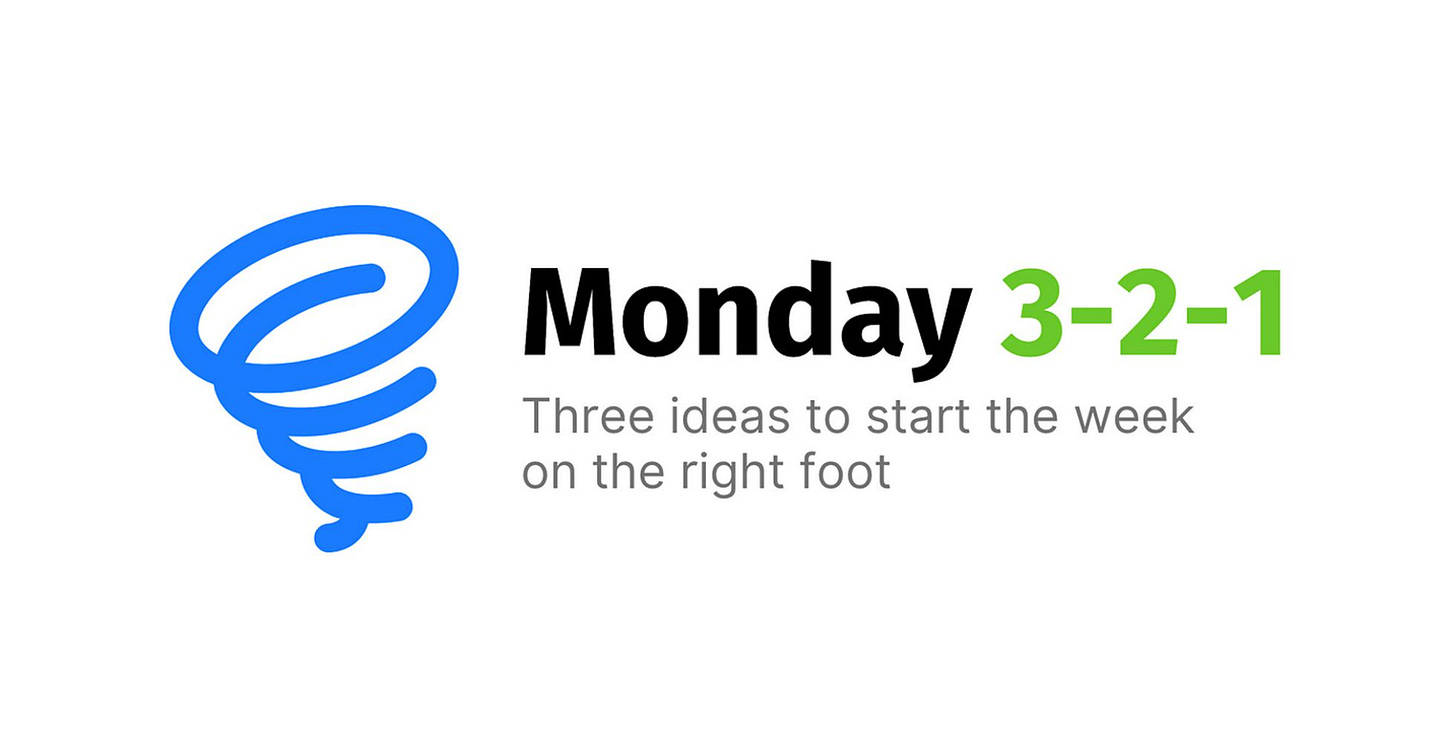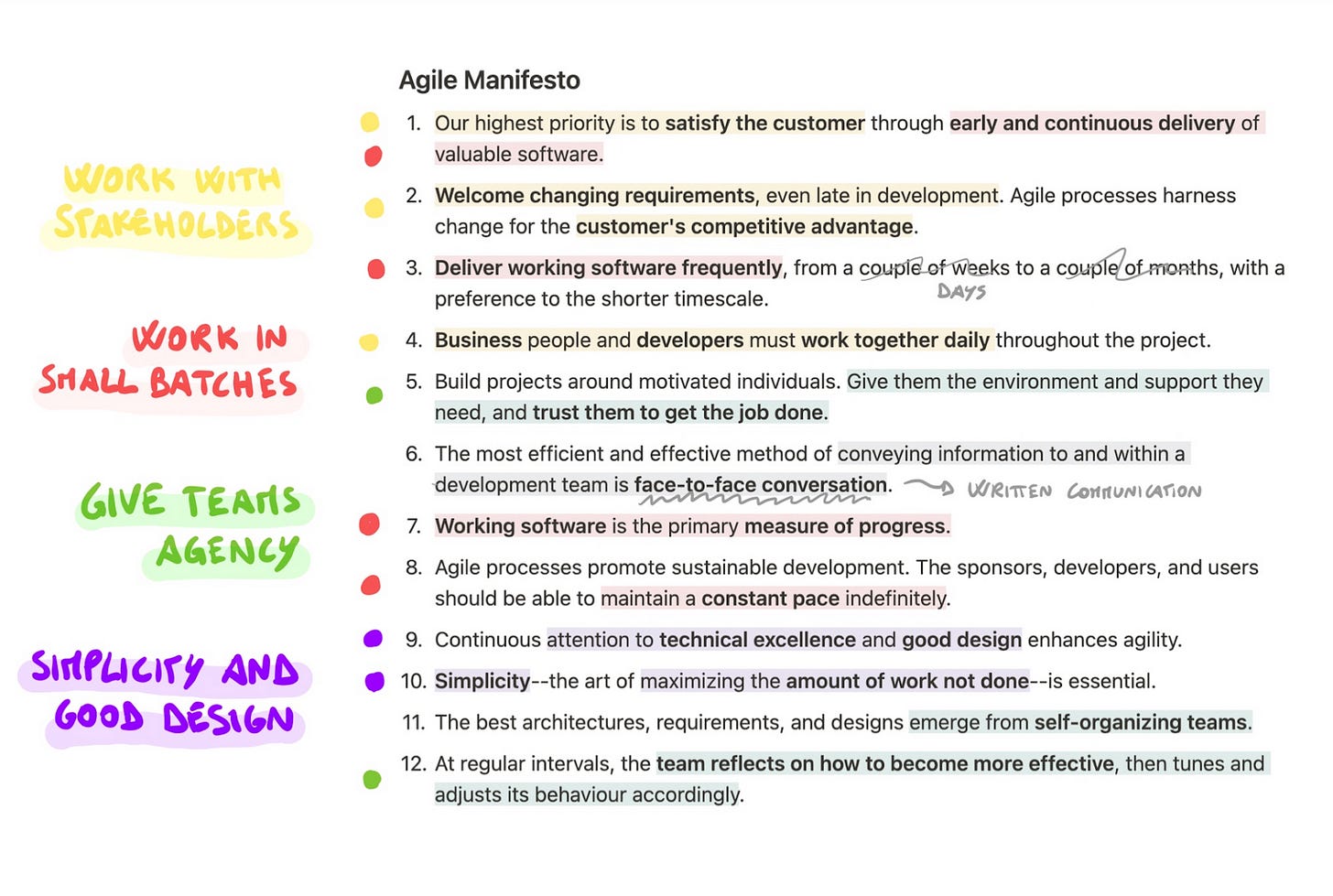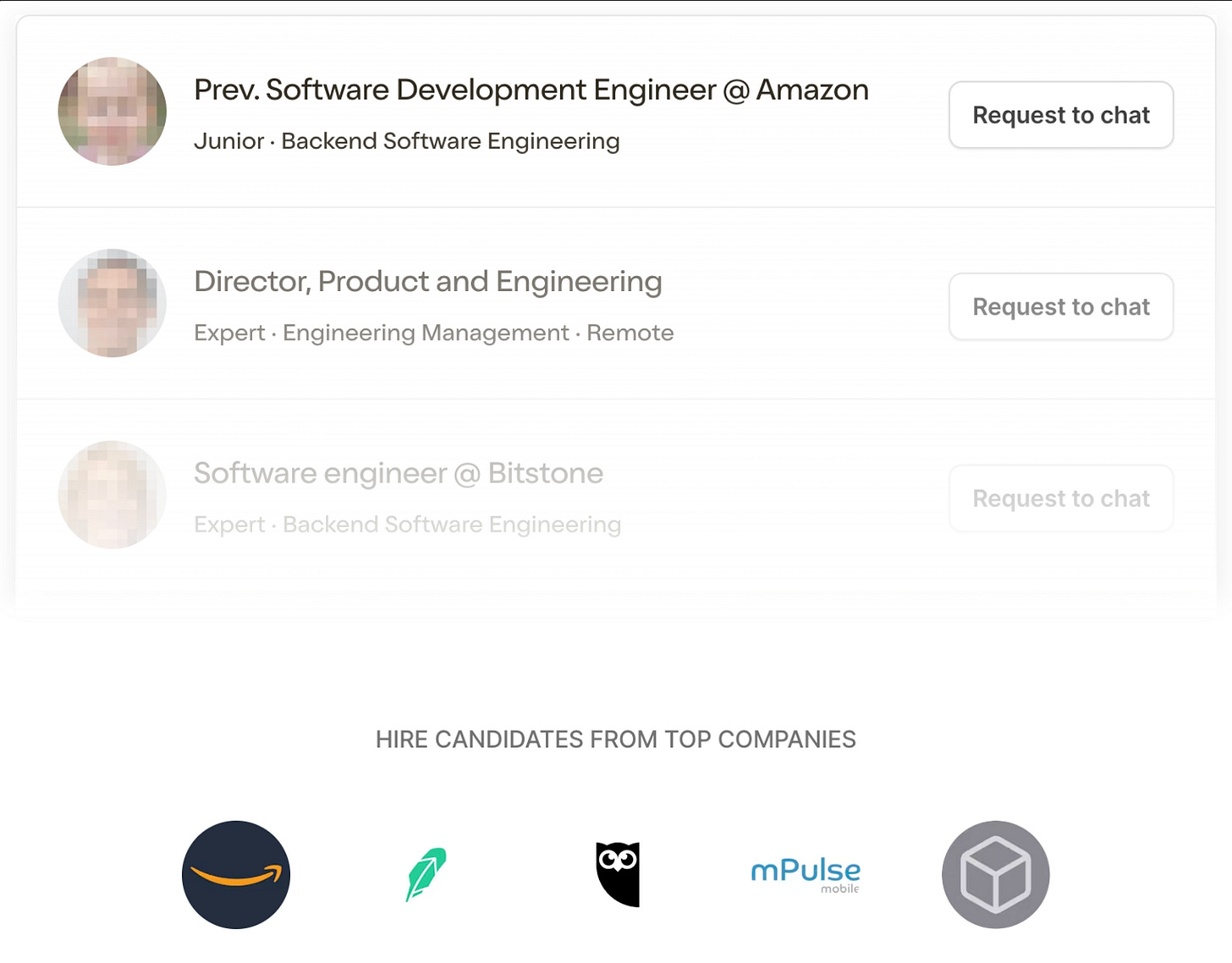Hey, Luca here 👋 welcome to the Monday 3-2-1💡
Every Monday I will send you an email like this with 3 short ideas about engineering management, technical strategy, and good hiring.
You will also receive the regular long-form one on Thursday, like the last one:
To receive all the full articles and support Refactoring, consider subscribing if you haven’t already!
p.s. you can learn more about the benefits of the paid plan here.
1) 🧪 The Friendship Formula
If you search on Google for a formula to make friends, you will find plenty of books and papers, each with a different theory.
However, the main themes stay pretty much the same across the board.
Two factors, in particular, seem to have the most impact on forming good, long-lasting relationships: familiarity and vulnerability.
Familiarity — is about repeated, physical proximity with the other person. In several studies, physical closeness predicts interpersonal attraction. This might be the result of the mere exposure effect: we tend to prefer things that are the most familiar to us.
Vulnerability — means being exposed to the possibility of being hurt, physically or emotionally. Vulnerability is key for meaningful relationships because it requires being open with each other, which in turn creates trust.
So, it is not surprising that the bulk of our relationships comes from the environment where we share the most experiences with others, early in our life: school.
At school, relationships form naturally. Familiarity is at all-time-high, and so is vulnerability created by the turmoil of our own growth.
Things are so natural, that many people never learn to seek and curate relationships intentionally, which is instead crucial at a later stage of your life when you have 1) less time, and 2) less exposure to other new, interesting people everyday.
I wrote more about growing your network in a previous article 👇 starting with a basic question: who should you be friends with?
2) 📜 The Four Values of the Agile Manifesto
If we take the 12 principles from the original Agile manifesto, I believe we can extract 4 major themes — which are still very relevant today:
1) 👥 Work closely with stakeholders
Good communication with stakeholders is a primary factor in any project's success. Agile has long preached about keeping customers in the loop and welcoming requirements' changes, over clunky long term plans.
2) 🚚 Work in small batches & deliver incremental value
Splitting work in small deliverables is key to the health of your development process. Small batches lead to frequent releases, which in turn make the feedback loop faster and reduce risk.
This virtuous cycle means that, counterintuitively, there is no trade-off between speed and stability in software. Higher speed brings higher stability, because it also brings faster recovery from failures.
3) 🏅 Give teams agency
The best results I have witnessed in software have always been delivered by diverse, cross-functional teams who had the skills and trust to independently iterate over a product.
4) 🎨 Promote simplicity and good design
Good design means minimizing the work to be done, both right now and in the future, and this mostly comes from good communication.
More about modern Agile values 👇
3) 👑 Add managers based on streams of work
Many growing startups struggle at identifying the right time to introduce engineering managers to the team.
Many look at some specific headcount, but, in my experience, bottlenecks are more about your streams of work:
🎾 Single product — as long as your engineering team works cohesively on a single product, you can go surprisingly far without full-time, formal managers.
🤹♂️ Parallel streams — as soon as you start having parallel work streams, though, people fight for resources and you get overhead about aligning priorities, negotiation, more hiring, etc. That is typically where you need to increase management effort to move faster and avoid burning out engineers.
So, in that respect, a product-focused, 25-engineers team might require less management than a 10-engineers web agency scattered across multiple projects.
More about tradeoffs of running teams with or without managers 👇
📣 Join the Refactoring Talent Club
If you’re looking for a new gig, join the club for free to get personalized opportunities from hand-selected companies. You can join publicly or anonymously, and leave anytime.
If you’re hiring, join the Refactoring Talent Club to start getting bi-monthly drops of world-class hand-curated Engineering people who are open to new opportunities.
And that’s it for today! If you are finding this newsletter valuable, consider doing any of these:
1) ✉️ Subscribe to the newsletter — if you aren’t already, consider becoming a paid subscriber. You can learn more about the benefits of the paid plan here.
2) ❤️ Share it — Refactoring lives thanks to word of mouth. Share the article with your team or with someone to whom it might be useful!
I wish you a great week! ☀️
Luca






